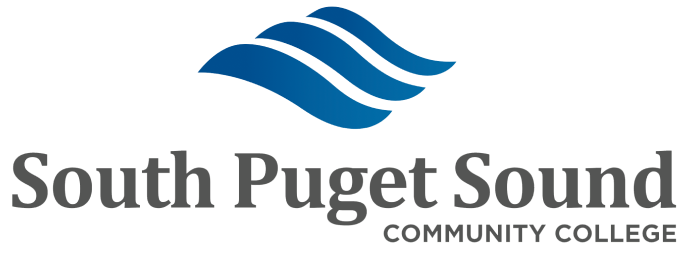Revision Date:
Tuesday, May 08, 2023
Healthcare Pathway
You understand the importance of health and peace of mind—whether you're tending to a patient, studying diseases, providing dietary counsel, or documenting important medical information, our Healthcare Pathway will set you on a course to making a difference every day.
Upon successful completion of the Medical Assisting Degree, students will be able to:
*NOTE: The associate degree program requires completion of at least 10 additional college-level credits
Dollar values are approximate and subject to change
| Hepatitis B, MMR, DTap immunization, Varicella and Influenza vaccinations | $350 |
| Tuberculosis clearance | $100 |
| Malpractice and general liability insurance | $18 |
| Lab fees | $80 |
| Name tag | $10 |
| Uniforms, shoes and equipment | $250 |
| Textbook and supplies | $800 |
| Provider-level CPR certification | $60 |
| National certification exam | $165 |
| Washington State Patrol background check | $12 |
| 7 hour online HIV training | $35 |
| Clinical Placements Northwest (externship) | $75 |
Upon successful completion of the Associate in Applied Science degree in Medical Assisting, graduates are eligible to take the national certification exam offered through the American Association of Medical Assistants (AAMA). Upon satisfactory completion of the exam, they will be qualified to use the credentials of Certified Medical Assistant CMA, (AAMA). The CMA credential is recognized nationally; however, each state mandates the scope of practice for Medical Assistants.
In accordance with the Medical Assisting Education Review Board, the program goal is to prepare competent medical assistants in the cognitive (knowledge), psychomotor, (skills) and affective (behavior) learning domains.
CAAHEP requires all Medical Assisting Programs to make public measurable program outcomes. In compliance with this rule, South Puget Sound Community College is publishing outcome data for 2019:
Prior to the beginning of their second quarter in the program, students registered in the Medical Assisting Program are required to have started the Hepatitis B vaccination series. Documentation for this requirement must be presented by the first day of class of the second quarter of the program.
Medical Assisting is a profession with many rewards, as practitioners can perform both administrative and clinical services, filling several roles in a variety of healthcare environments. The Bureau of Labor Statistics outlines that this is a growth field, with an anticipated 18% growth from 2020 to 2030.
Medical Assistants work directly with providers and patients, with the goal of providing healthcare and ensuring patient safety. It is a position with a great deal of responsibility.
As with any healthcare position, there are certain occupational risks that come into play with being a medical assistant, and those hazards include the following:
At the same time, there are protections set up with the Occupational Safety and Health Act (OSHA), and those protections are particularly important within a healthcare environment. OSHA has a series of standards that protect the safety of healthcare workers and patients.
Accredited medical assisting programs are required to teach students about the hazards that they face on the job and the protocols that can be put into place to ensure a workplace culture that prioritizes safety.
The capstone course is the student practicum (MED 159). All cognitive objectives and psychomotor and affective competencies must be completed prior to the practicum. It is highly recommended that all required coursework for the AAS degree be completed prior to the start of the practicum. The practicum allows the opportunity to use your administrative and clinical skills under the guidance of a mentor in an ambulatory healthcare setting. The practicum is a 198-hour non-remunerative arrangement.
Entry into the Medical Assisting Program does not guarantee students a job placement, nor does it guarantee a practicum placement in Thurston County. Practicum placements require successful interviews and background checks. Due to increased competition for practicum placements with other schools in Washington State, South Puget Sound Community College cannot guarantee that the practicum will be in the last quarter of the program.
The SPSCC Medical Assisting Program is accredited by the Commission on Accreditation of Allied Health Education Programs (CAAHEP), 9355-113th St. N, #7709, Seminole, FL 33775, (727) 210-2350, http://www.caahep.org/, on recommendation of the Medical Assisting Education Review Board (MAERB), http://maerb.org.
Students have several options for their starting point. Some students may start in our Transition Studies programs: Adult Basic Education, ESL, High School+, and Basic Computer Skills.
Note: MATH092 only needed if a student will take BUS104 or CMATH107 / MATH&107.
Note: The associate degree program requires completion of at least 10 additional college-level credits
Note: The associate degree program requires completion of at least 10 additional college-level credits
Revision Date:
Tuesday, May 08, 2023
